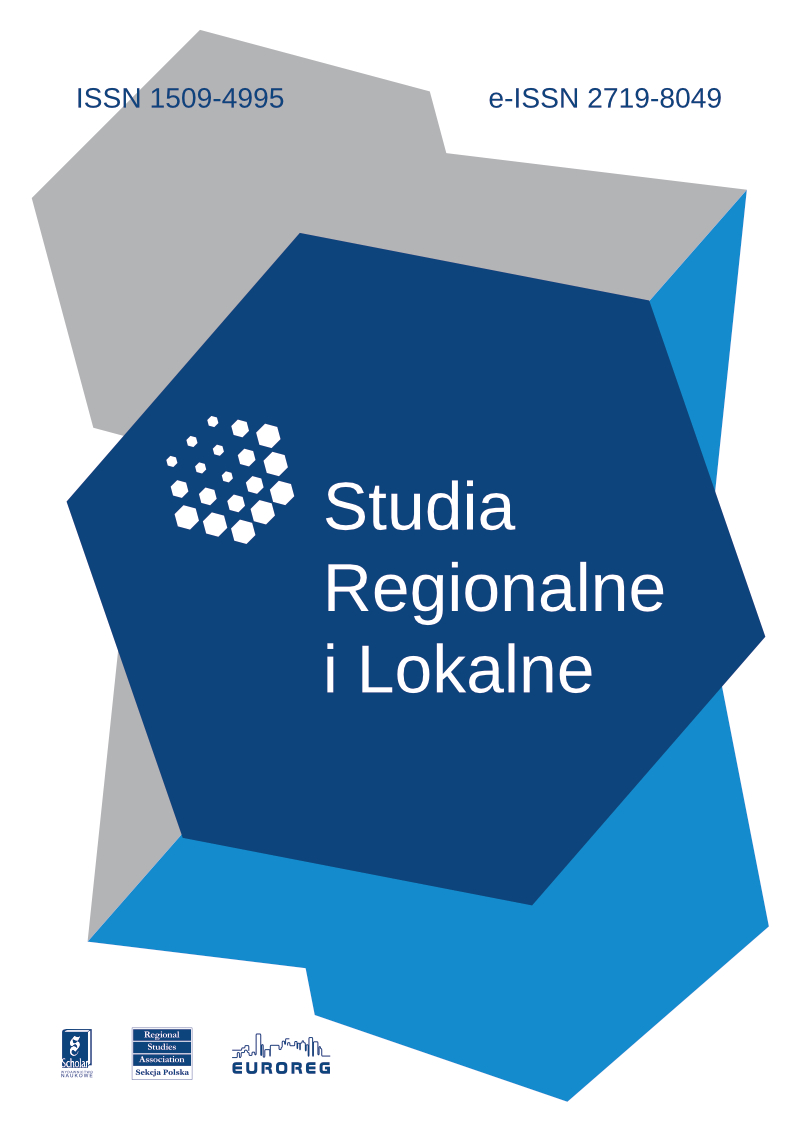Published in
3(45)/2011

- Sylwia Dołzbłasz, Andrzej RaczykTrans-border cooperation projects on the external and internal EU borders – Poland case study[more]
- Jarosław DziałekSocial capital – theoretical and empirical approaches[more]
- Sławomira HajdukThe status of land development planning in municipalities with environmentally valuable areas in Podlaskie Voivodeship[more]
- Janusz HryniewiczImmigration and multiculturalism in a situation of great cultural distance[more]
- Maciej NowakJoanna Cymerman, 2011, Aktywna gospodarka nieruchomościami w gminie. Prawo. Instrumenty. Dochody gmin, Koszalin: Wydawnictwo Uczelniane Politechniki Koszalińskiej, 301 s. (recenzja)[more]
- Sławomir PastuszkaNominal convergence of the new member states of the European Union[more]
- Grzegorz Rak, Małgorzata Pstrocka-RakSkyscrapers in vineyards. The life cycle of a second generation seaside resort – the case of Benidorm[more]
- Rafał WarżałaAnalysis of a regional business cycle. The case of Warmian-Masurian Voivodeship[more]


